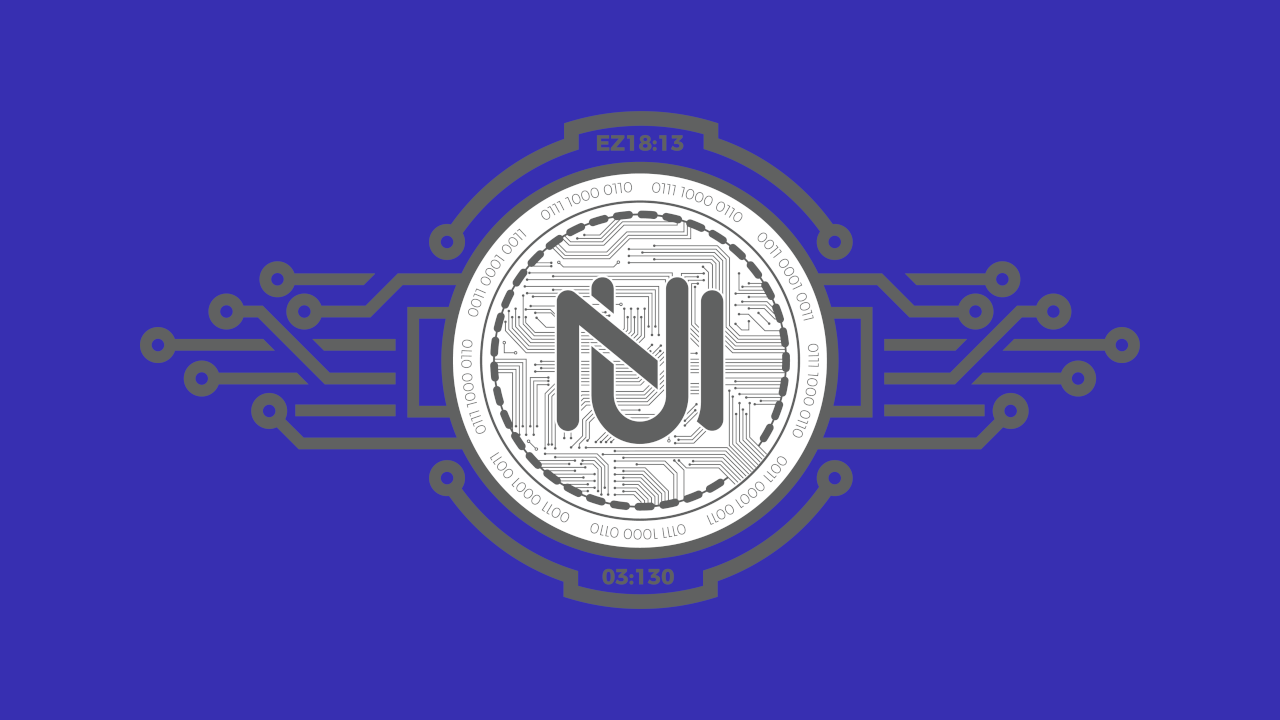NuGenesis, with its completed blockchain and substantially constructed infrastructure, is about to revolutionize the way individuals and companies do business. Its blockchain, and soon-to-be-completed supporting ecosystem, deliver the possibilities of decentralization while mitigating traditional risks.
NuGenesis
The NuGenesis blockchain was initially developed for governmental and transnational applications. After testing the protocol and appreciating its vast potential applications, the NuGenesis team partnered with several leading web3 companies to develop its entire ecosystem to support its application to virtually all industries worldwide.
NuGenesis has recently partnered with private equity giant Alameda Research for the NuGenesis LedgerX decentralized exchange. The official details of the Alameda-NuGenesis partnership have not yet been announced but are expected to be delivered in the coming weeks. Preliminary information is provided below.
Alameda Research
Alameda Research is a private equity quantitative cryptocurrency trading firm that provides liquidity in cryptocurrency and digital assets markets. The Hong-Kong based firm offers full-service cryptocurrency trading and trades on every market and exchange. Now, it’s partnered with NuGenesis to dominate the market in 2022.
Current to date as of September 2021, Alameda manages over $1 billion in digital assets and trades between $1 billion and $10 billion daily, across thousands of projects including all major coins, altcoins, and derivatives. With Alameda’s liquidity and expertise, and NuGenesis’ fully completed blockchain, the pair will be unstoppable.
Alameda’s Expertise
Alameda’s expertise runs from its founders down the hierarchy, encapsulating the ecosystem’s community culture.
Before funding Alameda and then FTX, Chief Executive Officer (CEO) and Co-Founder Sam Banker-Fried were educated at MIT. FTX and its native token (FTT) is discussed in detail later in this article.
Following, he worked as a trader on Jane Street Capital’s International ETF desk, trading a variety of futures, currencies, and equities. He also designed Jane Street Capital’s automated OTC trading system.
Before co-founding Alameda and FTX, Alameda Chief Technology Officer (CTO) and Co-Founder Gary Wang was a software engineer at Google. The rest of the Alameda team also demonstrates remarkable talent, coming from leading Wall Street quant firms and tech companies (for example Facebook, Optier, and Susquehanna).
Alameda’s History of Success
FTX Exchange
FTX is a cryptocurrency derivatives exchange launched in April 2019 that is also backed by Alameda Research. FTX was incubated by Alameda, designed to prevent clawbacks by using a three-tiered liquidation strategy that closes positions using rate-limited orders. FTX leverages an insurance fund to indemnify users in the rare event of a loss.
The goal of FTX’s leveraged tokens is to provide a clean, automated way for users to obtain and maintain leverage. FTX also has its own token, the FTT native utility token for the FTX ecosystem.
Since its inception, FTX has been a major destination for many crypto traders. Users prefer to trade on FTX because FTX offers the best trading products (UX, APIs, matching engine, liquidation engine, cross-collateralization, liquidity, etc) when compared to its competitors and alternatives.
Serum
Serum was created by FTX, Alameda Research, and several other equity partners; it is a high-speed, non-custodial decentralized exchange built on Solana. Like NuGenesis’ LedgerX Exchange, Serum is a completely decentralized exchange that runs on the Solana Mainnet.
Serum, like NuGenesis, is built on Solana to combat the traditional decentralized finance pitfalls; namely: high gas costs, slow transactions, centralization, low capital efficiency, and liquidity segmentation. Like NuGenesis’ LedgerX, Serum is permissionless, non-custodial, and seeks to decentralize the DeFi stack.
Serum is very different from Ethereum-based decentralized exchanges because it built a central limit order book, which is what you would typically see in centralized exchanges. The central limit order book protocol isn’t possible on Ethereum or Binance Smart Chain, where automated market makers are more popular. This is identical to the NuGenesis protocol, making NuGenesis-Alameda the ultimate partnership.
The central limit order book is possible on Solana, for both Serum and NuGenesis’ LedgerX, partially due to its high scalability, supporting 50,000 transactions per second (the same as NuGenesis). Comparatively, on Binance Smart Chain, the maximum is 300 transactions per second. On Ethereum, it’s 18 transactions per second.
Alameda x NuGenesis
Considering the NuGenesis blockchain capabilities begin at 50,000 transactions per second, and grow exponentially as its usership expands, it seems like a match made in heaven – but for competitors in the industry, it looks a bit more like hell.
Website: https://nugenesisou.com/
Disclosure: This is a sponsored article. Please do your research before buying any cryptocurrency.

